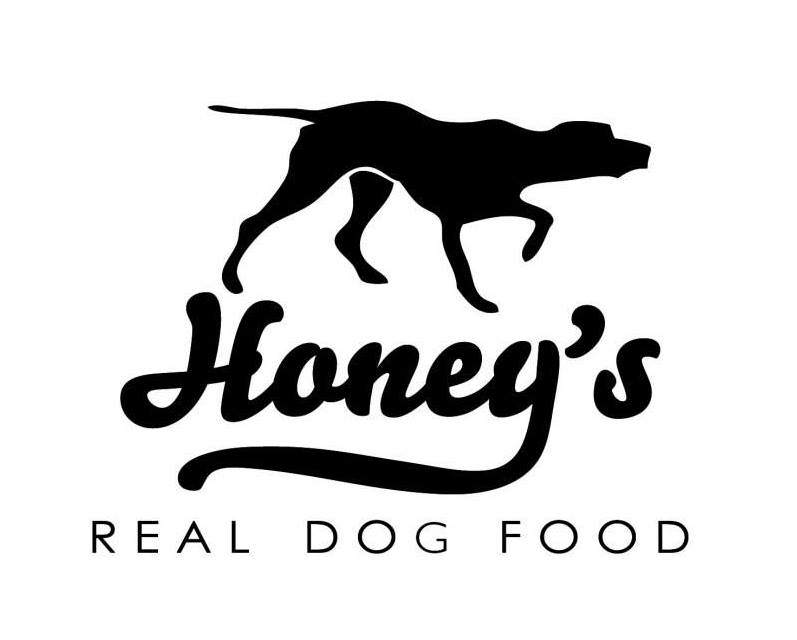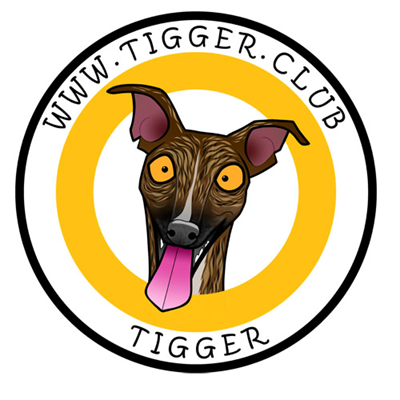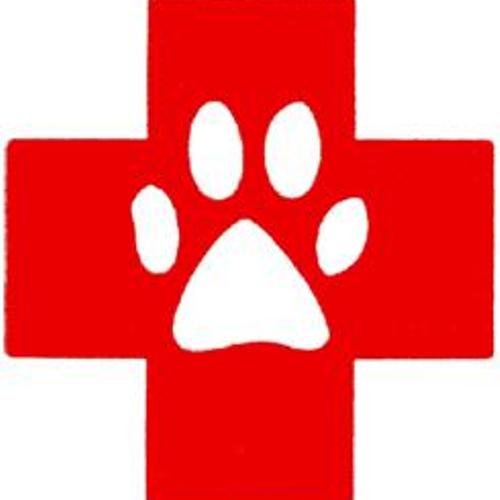Bloat
By: Dr Lise Hansen
By Dr Lise Hansen
Overview
Since the 1980s, the incidence of bloat (also known as gastric torsion, gastric dilatation-volvulus, or GDV) has increased dramatically. In this condition the stomach twists or flips over on itself and air is trapped. Then any food in the stomach begins to ferment, creating further gases. Later on, circulation to the stomach and spleen are cut off to the point where the dog may go into shock and die.
It seems to affect mature, deep-chested dogs the most, especially larger breeds. The condition is extremely serious and potentially fatal. If you suspect bloat, contact your vet immediately.
Diet has a huge role to play in the prevention of bloat. Kibble, in particular, has been shown to be one of the primary causes.
For a dog that has suffered and survived bloat, a dry food, kibble or processed food diet is definitely not to be recommended.
After bloat, many dogs lose weight and it is important to get this back on as soon as possible, since a healthy weight is one of the factors that reduce risk.
Symptoms
Bloat can come on very quickly. Dogs will typically display restlessness, their bellies may become swollen or distended and they could attempt to vomit with or without success. Possible symptoms include:
Anxious behavior
Depression
Vomiting (severe and then dry heaving)
Rapid heartbeat
Abdominal pain and distention
Pale mucus membrane (inside the nose and mouth)
Collapse
Excessive drooling
Laboured breathing
Weak pulse
Other causes for the above symptoms can include gastroenteritis and food bloat (as a result of eating too much food)
Diagnosis
An experienced vet may be able to diagnose bloat by means of observation and examination. Generally, however, it is diagnosed by the following means:
X-ray of the abdomen
Urine analysis
Plasma test for lactate substance
What exactly is bloat?
Bloat is caused by gas building up in the stomach and being unable to escape. The gas itself is caused by trapped air that has begun to go rotten or ferment.
The word bloat is actually used to describe two different conditions:
Where there has simply been an accumulation of gases. This is called bloat or dilation.
When the gas builds up to such an extent that it causes the stomach to rotate or twist on its axis, this is called torsion or volvulus.
The terms bloat, torsion, gastric torsion, gastric dilatation-volvulus and GDV are generally considered interchangeable. However, it is important to remember that whereas bloat/dilation can exist in a low-level way for hours and even days, once torsion occurs the situation can become critical in a matter of minutes. As the gas builds up in the dog’s stomach it expands, which in turn puts pressure on several large arteries and veins. When the pressure builds to a certain point, it reduces and may completely cut off blood flow. Tissues begin to die and toxins accumulate. The prognosis for victims is improving all the time. In the past vets estimated that half of victims died, now it is believed to be between one in five and one in three cases.
Why does bloat occur?
Although vets are now able to save a much higher percentage of dogs that have suffered bloat, no one can say with certainty what causes it in the first place. Clearly gases build up. But why? Perdue University in the United States, which leads the field in terms of research into bloat, has been studying the problem since around 2005 and have not managed to reach a definitive conclusion. However, they have found which dogs are at greatest risk: Dogs who experience anxiety are much, much more likely to suffer from bloat. In percentage terms, Perdue says fearful dogs have a much greater chance of falling victim. Calm, cheerful dogs bloat much, much less.
The highest risk factor is believed to be anatomical. Larger, deep-chested dogs seem to suffer more from bloat, possibly because of the relationship between the esophagus and stomach. The theory is best explained by imagining that the digestive system is a piece of plasticine. As it is stretched it becomes weaker and begins to sag. It is thought that what vets call the gastroesophageal angle increases and this may lead to bloat. It is wrong to believe that this only happens with larger dogs, however. Smaller dogs can also be affected. Dogs that are fed just one meal a day and eat really, really quickly are at higher risk.
Diet has a huge role to play in prevention. Dogs that are fed dried food (kibble) have the greatest chance of suffering from bloat. A high fat content in processed dog food seems to push up the chances of an attack, too. Older dogs are more likely to suffer. Perdue claim, in fact, that the risk rises by 20 per cent per year. This could be because the ligaments holding the stomach in place become weaker as the dog ages.
It seems to run in families. Close relatives (parents, offspring and siblings) of bloat victims have a 63% higher chance of suffering themselves.
Note, Perdue University found no evidence that limiting exercise and water consumption before or after eating made any difference to the risk
Treatment
Once bloat has been diagnosed, emergency treatment is required. This usually involves: • Stabilising the heart • Inserting a tube into the stomach to release the gas • Surgery to return the internal organs into their normal positions • Any organ repair that may be required If torsion has occurred, the patient’s stomach may be surgically secured to (prophylactic gastropexy) prevent a repeat of the problem.
A word about preventing gas
All dogs, regardless of their diet, are likely to have a certain amount of flatulence. The most frequent cause is the carbohydrates in processed food. Antibiotics may also be responsible, in which case a course of probiotics will often help. A small percentage of dogs produce wind as a result of eating vegetables, or particular vegetables, and this can be dealt with by reducing the percentage of vegetables being served or excluding them completely.
This health article was written by Honey's Real Dog Food
Honey’s Real Dog Food are one of the longest-established raw dog food producers in the world.
Contact:
Tel: 01672 620 260
Email:
Website: www.honeysrealdogfood.com


